




It seems that it is only Europe that wants cheap energy in the markets—everyone else, including Russia and Middle Eastern energy exporters, are interested in the exact opposite.
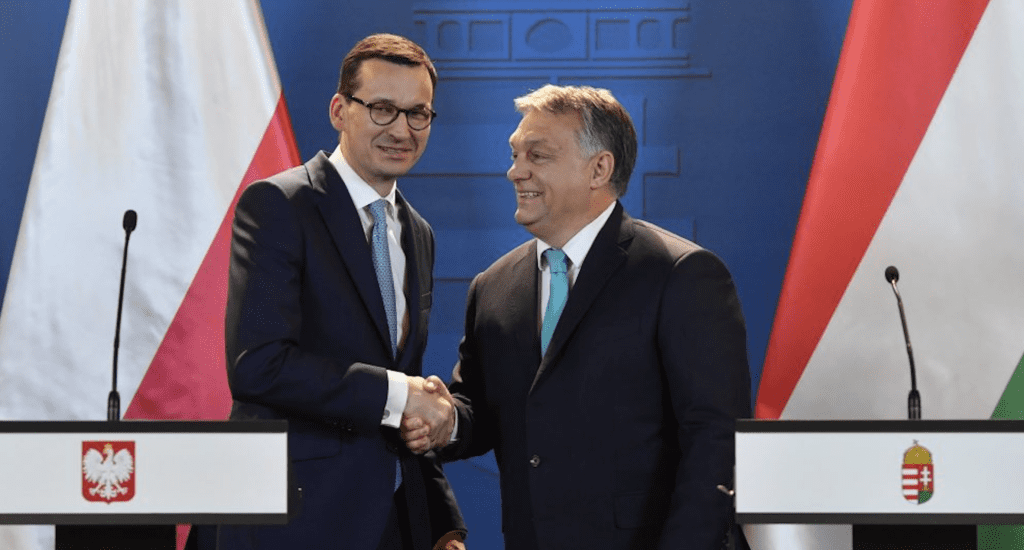
After Brussels’ deception, Warsaw seems to be siding with Budapest again, and also seeking to revitalise the regional V4 cooperation.
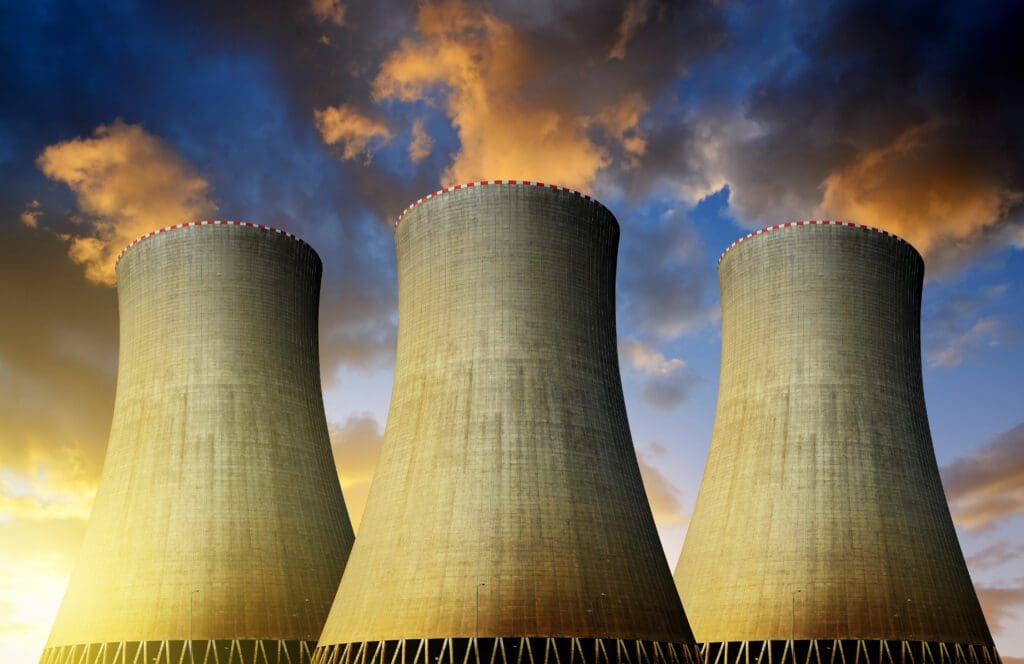
The precarious situation created by the war could bring the renaissance of nuclear energy as it appears to be a proper answer to energy security issues while helping governments to meet green energy goals.
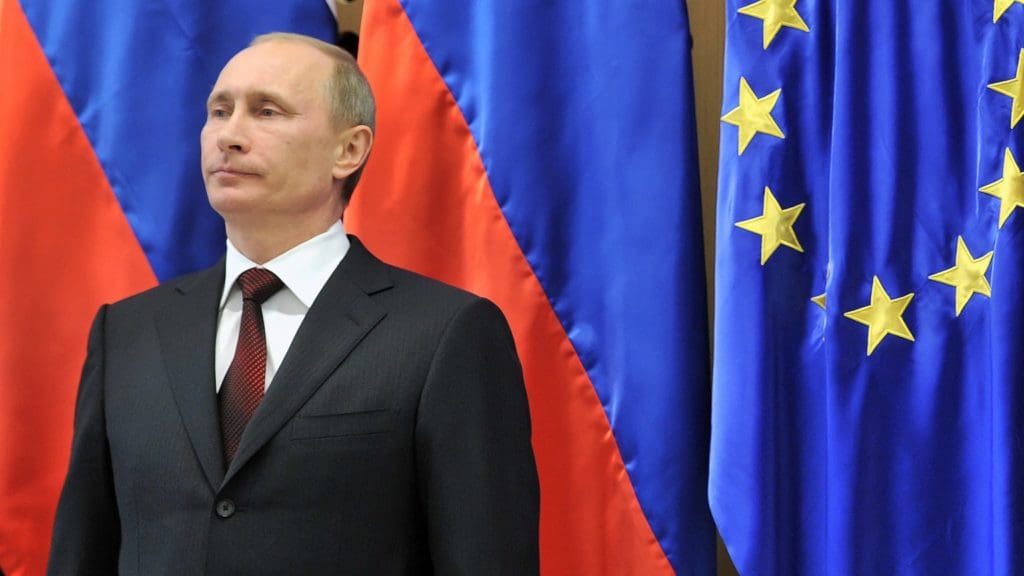
‘The problem is the Western European argument attached to these sanctions, namely: the greater the pressure exerted by the sanctions, the quicker peace will come. This mindset was wrong from the start because sanctions–as we saw earlier in the case of Iran– can only have an impact in the long run.’

While most EU member states have higher levels of gas stored, Hungary does better than the majority in terms of its annual gas consumption compared to the amount of gas stored, which is a more realistic indicator of the security of supply.
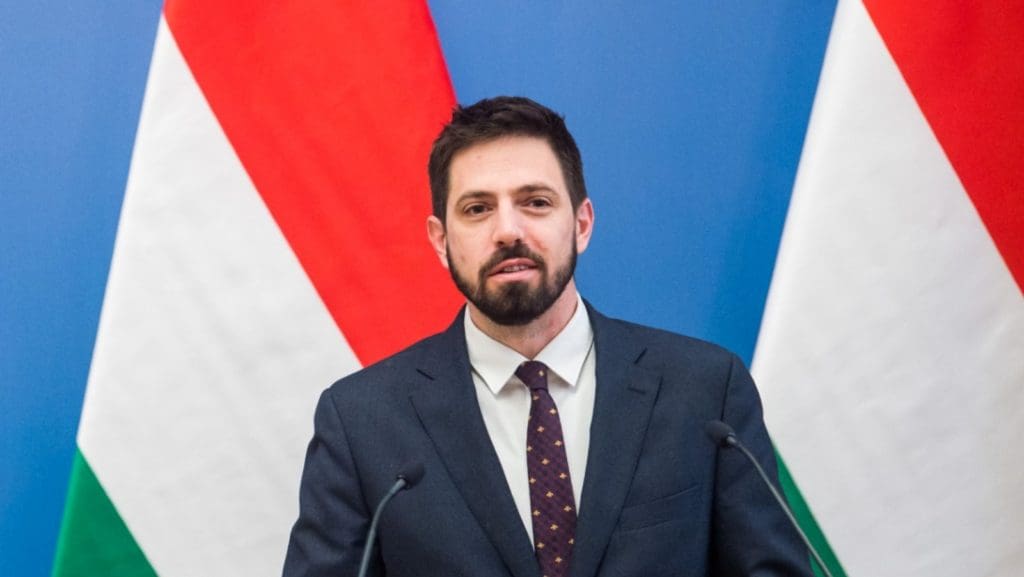
During his visit to Ukraine, Hungarian State Secretary Levente Magyar reaffirmed Hungary’s support for the war-battered country and its Hungarian minorities living in Transcarpathia.

Ukrainian Jewish community leader Rabbi Mayer Tzvi Stambler has sent a letter to Prime Minister Viktor Orbán expressing his gratitude for Hungary’s help in hosting Ukrainian Jewish refugees
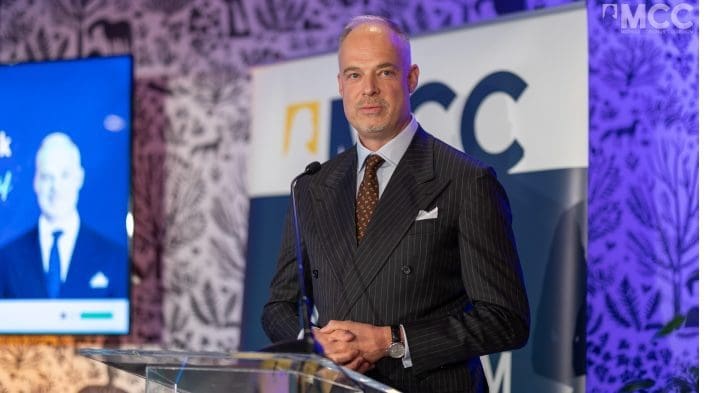
Regarding the war in Hungary’s neighbourhood, Hungary’s Minister of Defence reiterated that the country’s position has been clear from the beginning: to stay out of the war and pursue Hungary’s national interests.

Hungary’s defence capability has grown significantly, which is essential not only for self-defence and deterrence purposes but also for the country to remain an influential contributor to regional, European and transatlantic security efforts in trying times.

A comprehensive study conducted by the European Jewish Association (EJA) in cooperation with the British Institute of Jewish Policy Research found that Italy and Hungary are the friendliest countries to Jewish life in Europe; Poland and Belgium are lagging behind.
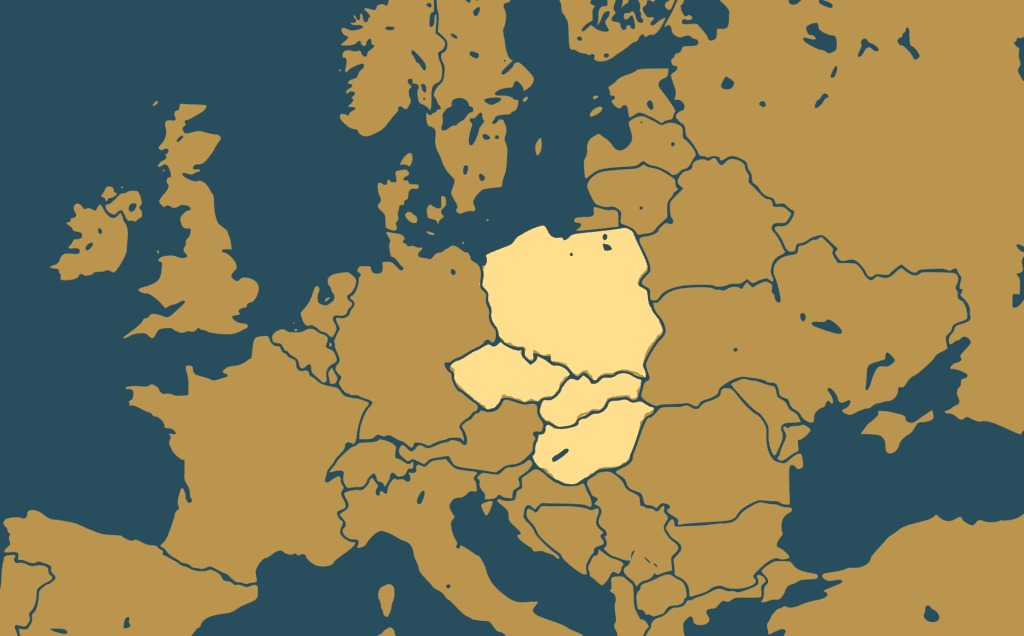
Although the Visegrád Four may be facing one of the most severe disruptions of its history, it is too early to discount it as a “collateral victim of the war,” as the cooperation’s main virtue has always been its ability to overcome momentary political disputes.
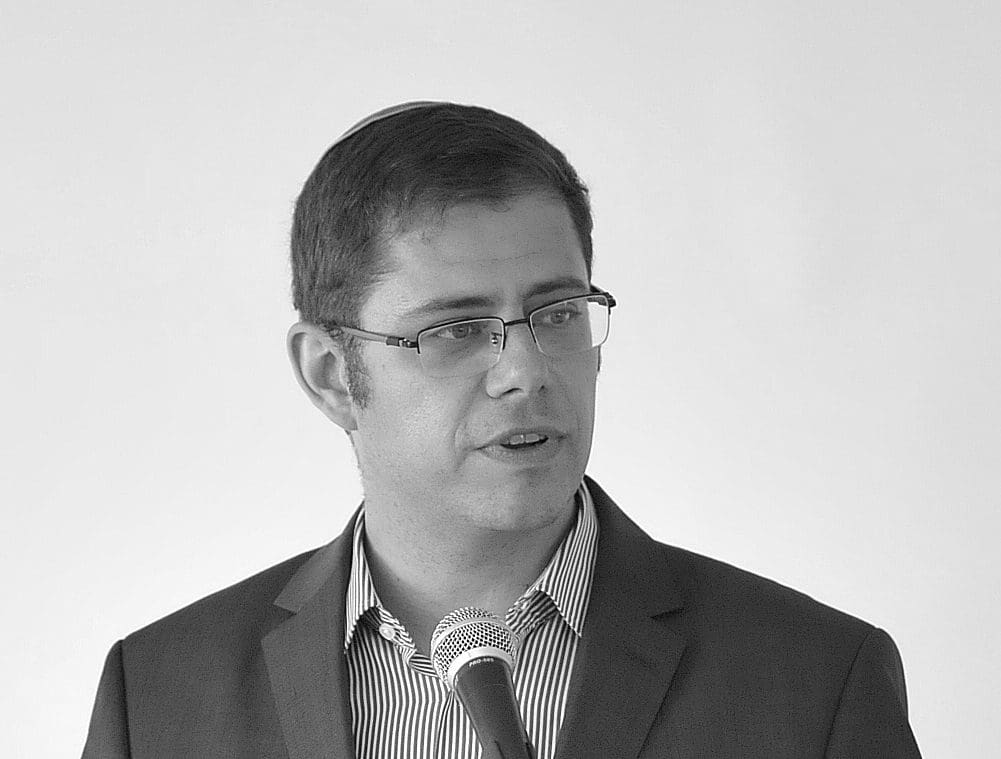
‘National identity is not something that’s threatening, it’s something that should be celebrated.’
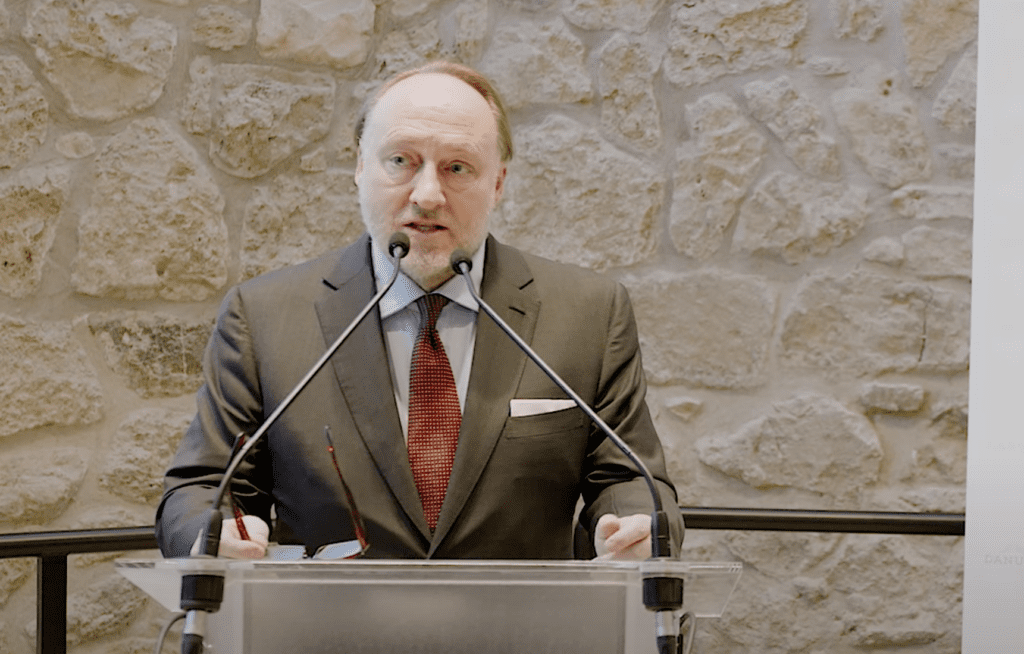
Although Vladimir Putin likes to pose as a historian, it seems that he failed to learn from history that blitzkrieg-type invasions rarely worked in the 75 years since the Second World War – emphasized Mr. Roberts.
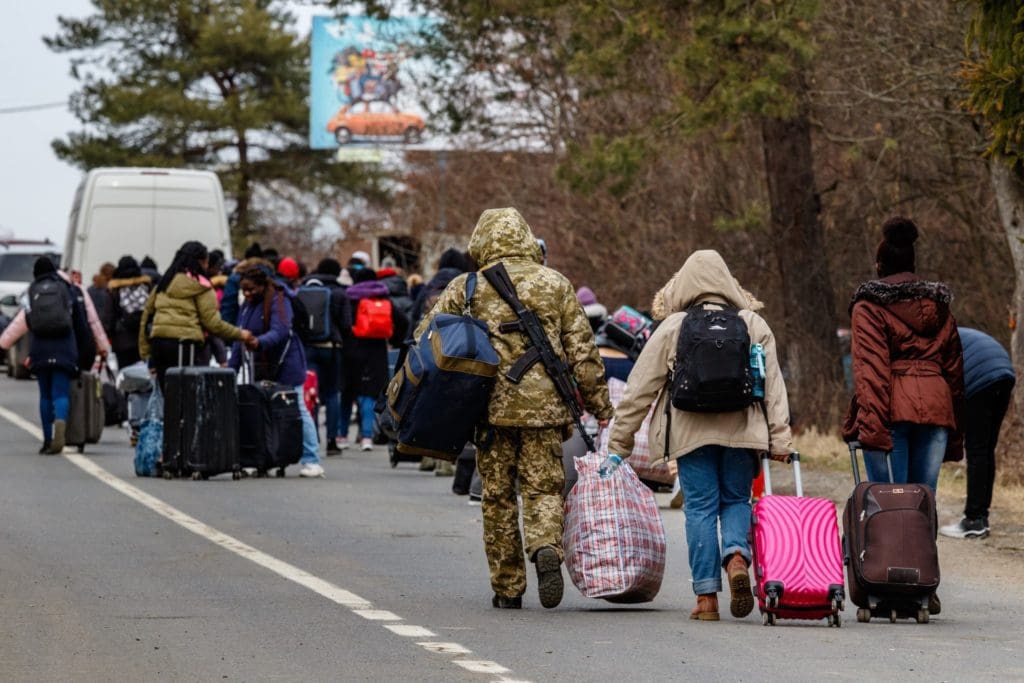
Even if we focus only on Hungary, we see that around 450.000 refugees from Ukraine have crossed the country’s border so far, which is by far the highest influx of displaced persons to the country since the Yugoslav war.
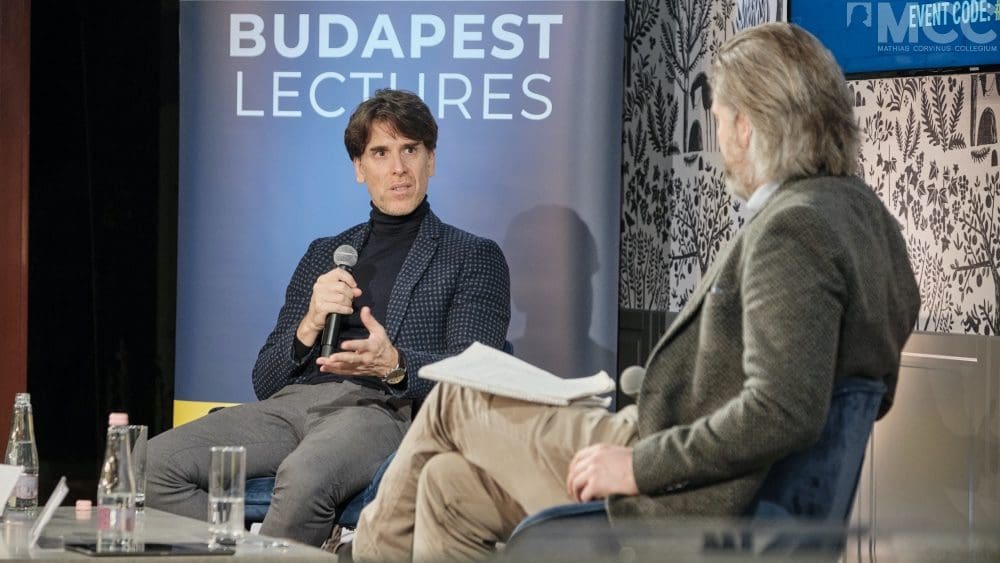
Western newspapers massively amplified ISIS and gave it a global brand.

We discussed trends in Hungarian and international space research with Dr Orsolya Ferencz, Ministerial Commissioner for Space Research.
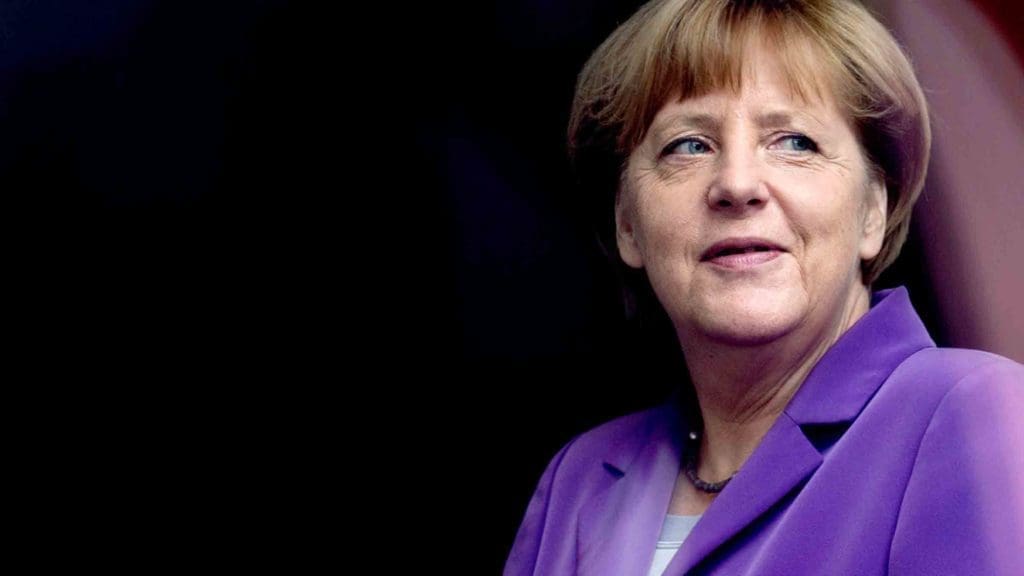
German-Hungarian economic relations developed dynamically during the ‘Merkel era’ despite the fact that on the political level, the relationship was not free from disputes.
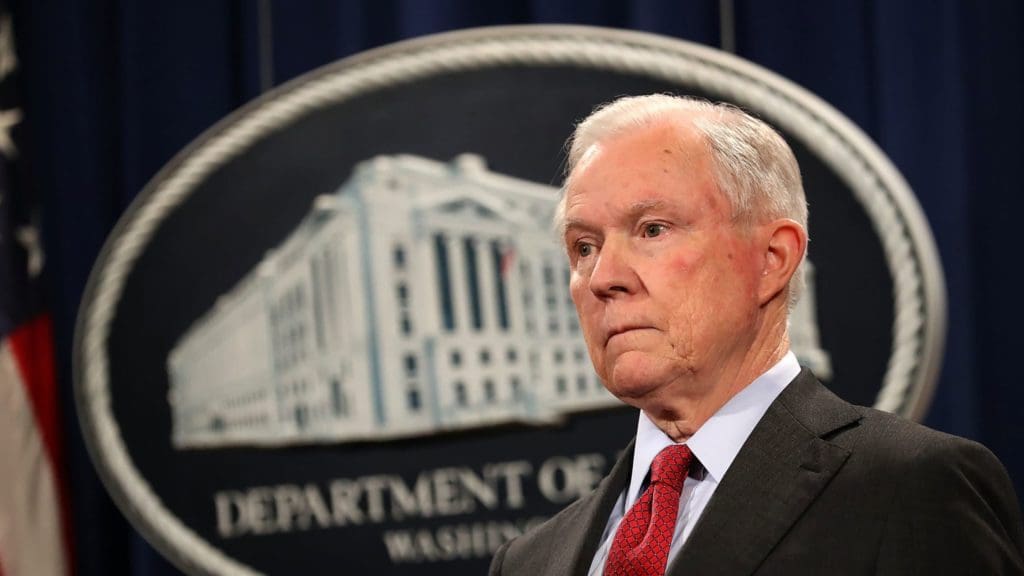
Hungary is sending a clear message: no one shall try to enter the EU through Hungary illegally, it will not be successful.

In Afghanistan, people do not think in a frame of a state or a state army but family, tribe, ethnic group—genus—and then in the geographical area where they live.

Hungary’s intention, by refusing the EU declaration, was neither to obstruct peace and stability, nor to pull back humanitarian support for the victims of violence or limit Europe’s ability to exert influence in the region.
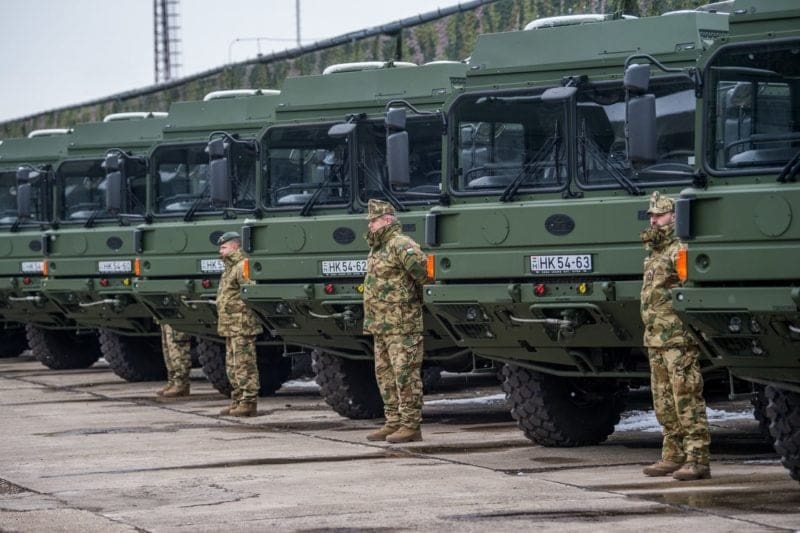
Upgrading the Hungarian military industry means that “Hungarians give Hungarian weapons to Hungarian soldiers”.
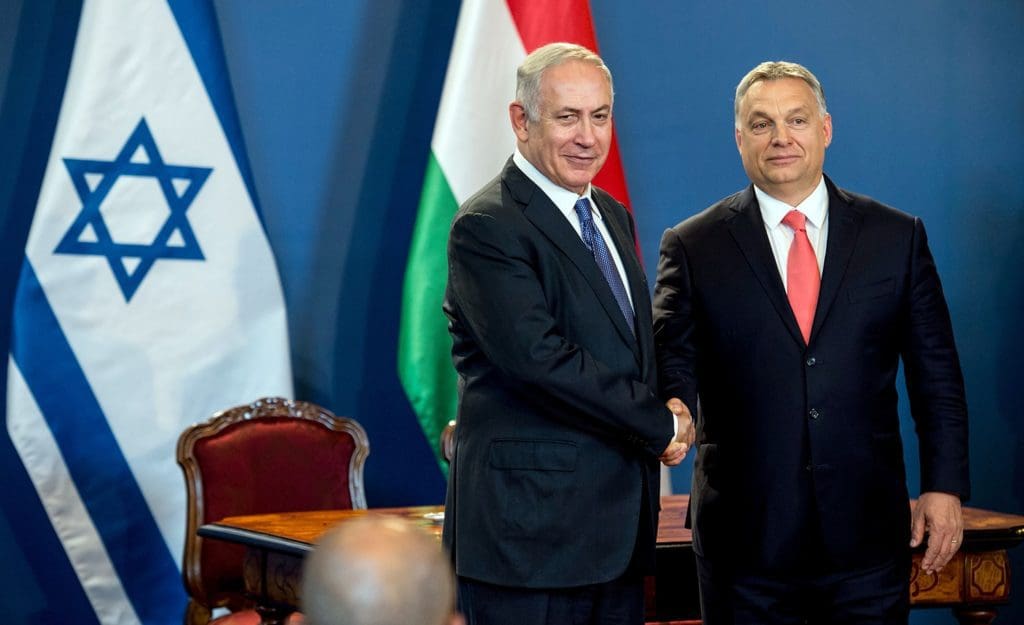
The real change in the relations between the two countries date back to the early 2010s when such international and domestic events occurred which brought the two states, or rather its two leaders closer to each other than ever.

Despite the hardships and the often politically motivated, reckless critics, Hungary’s strategy including opening to the East for procuring vaccine can be considered a successful, necessary and timely move of the government which put Hungary a step ahead in the EU in terms of inoculation with 44.6 per cent of its population vaccinated, compared to the EU’s 26.5 per cent average.

Hungarian Conservative is a quarterly magazine on contemporary political, philosophical and cultural issues from a conservative perspective.